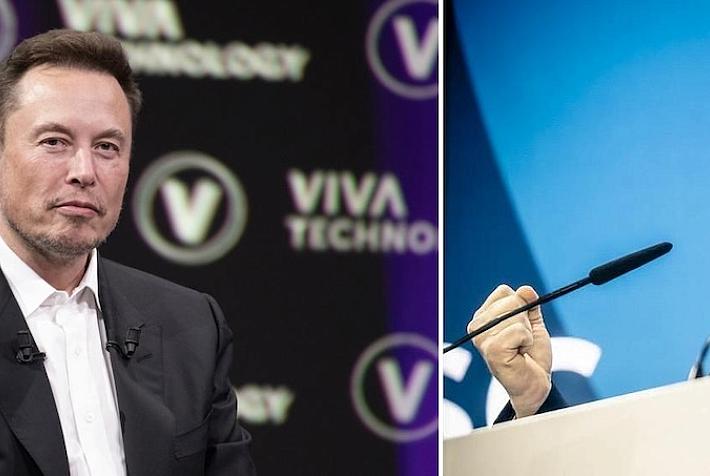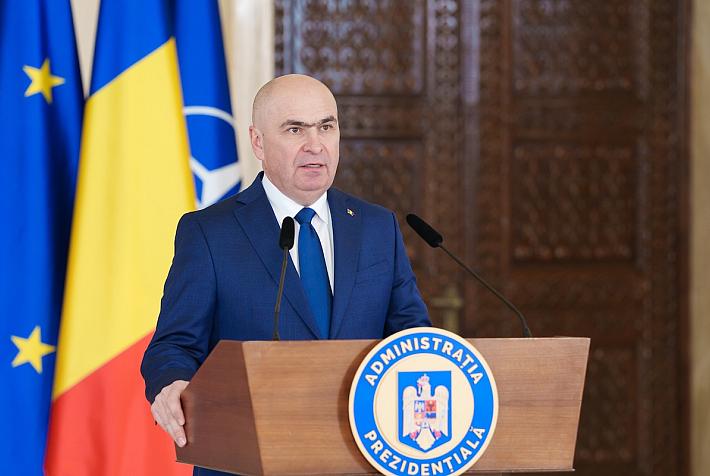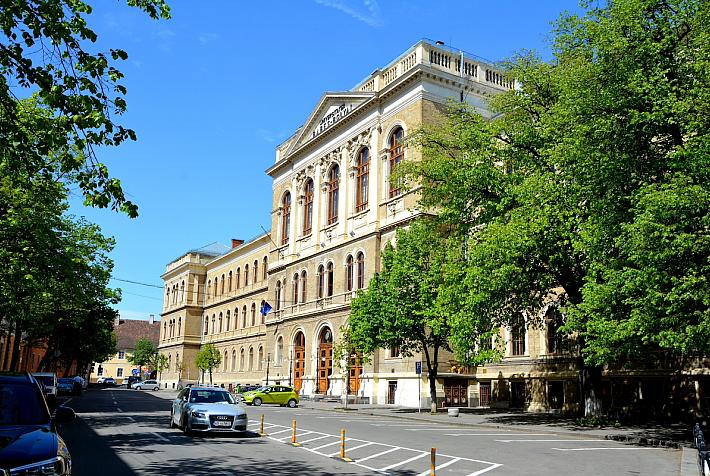Romania’s new Forestry Code safeguards forests around Bucharest, paves way for creating green belts nationwide

The new Forestry Code, which passed the Parliament vote on December 17 and was signed into law by president Klaus Iohannis on December 20, includes provisions that protect all forests in Ilfov, the county surrounding Bucharest, making them the cornerstone of the future green belt around the capital city. Moreover, it legislates green belts nationwide, “a vital step towards creating more climate-resilient cities, reducing pollution, and improving the health and well-being of citizens.”
The Together for the Green Belt/Împreună pentru Centura Verde civic platform, which initiated these amendments with support from across the political spectrum, highlighted some of the key provisions of the law.
These include a ban on commercial logging in Ilfov county, including the Băneasa forest area, with only ongoing contracts expected to be completed by spring 2025. Only customary logging activities, such as forest maintenance, regeneration, or ecological reconstruction, are allowed. Property owners can also apply for compensation.
Within two years, the Ilfov County Council, in partnership with the Bucharest City Hall, will adopt a forest management plan for Ilfov. Additionally, the Ministry of Environment will issue the methodology for creating green belts around cities.
Furthermore, also within two years, commercial logging will be halted in peri-urban forests like those in Trivale near Pitești, Iași’s Bârnova, and Cluj-Napoca’s Hoia, as well as urban forests, including parts of Băneasa forest in Bucharest. These forests will be integrated into the future green belts.
The new Forestry Code also guarantees unrestricted access to all forests for recreation, including cycling. Other key measures include the protection of the so-called remarkable trees within the national forest fund, the inclusion of the green belt concept in Romanian forestry, and recognizing the recreational, health, and ecological protection roles that forests provide to nearby communities.
Alex Găvan, conservationist and founder of the Together for the Green Belt civic platform, commented: “Through their systemic impact, green belts redefine the role and importance of peri-urban forests in the lives of millions of citizens. Green belts are a project for generations to come. A gift from our generation to those who follow, and at the same time, a moral duty to leave them a country they will love to live in.”
The new Forestry Code is expected to be published in the Official Gazette by the end of the year.
The Bucharest-Ilfov Green Belt and national green belts are a public health initiative with strong social, anti-pollution, and climate change mitigation components, the civic platform said in the press release. They are part of a “systemic solution that also includes significant environmental benefits.”
The Together for the Green Belt civic platform, an initiative of the Alex Găvan Foundation, was born in the spring of 2023 amid the alarming pollution levels in Bucharest and other cities in the country, combined with the concerning deforestation around the capital and other peri-urban areas.
The platform unites over 150 NGOs, civic groups, and public figures in a non-political initiative, supported by the Presidential Administration. It provides a “healthy, neutral, and inclusive framework” for effective collaboration between politicians, administration, the business community, and civil society.
The initiators of the civic platform are Alex Găvan, a high-altitude climber, conservationist, and founder of the Alex Găvan Foundation, and Florin Stoican, president of the Kogayon and Rețeaua pentru Natură Urbană associations. Further details are available here.
irina.marica@romania-insider.com
(Photo source: Alex Găvan/Centuraverde.ro)













